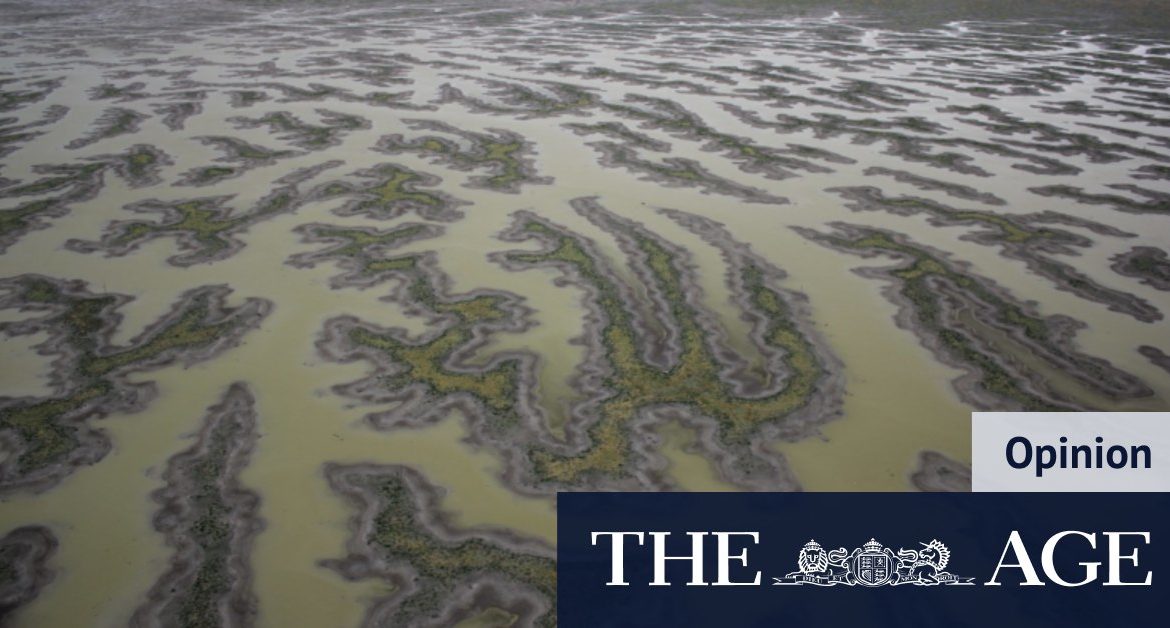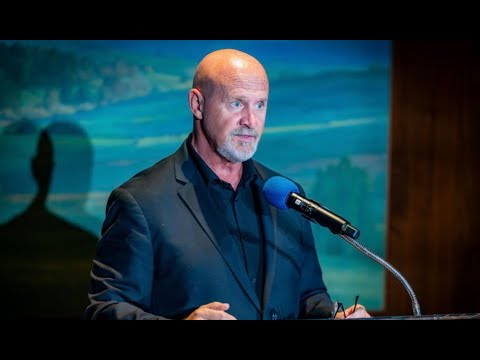Sadly, ecologically harmful decisions about the lakes’ management are still being made.
On Tuesday, as we mark World Wetlands Day, the NSW government is pushing ahead with engineering works that will stop the lakes filling and make them drain more quickly so corporate irrigators at the top of the catchment can keep siphoning off vast volumes of water for crops such as cotton.
This plan will further harm the area’s native plants and animals and push the whole system closer to collapse.
Already, crustaceans and molluscs have all but disappeared and millions of mussels were lost during the now-regular cease-to-flow events. Mass waterbird breeding events, such as the one recorded in 1985, are now a dim memory.
This is not just an ecological disaster; it is a human and cultural one too.
The Barkandji people, whose name is literally “people of the river”, have been forced to postpone or abandon cultural practices that have been handed down through thousands of generations over possibly 65,000 years.
Loading
Barkandji Elder Uncle Badger Bates sums up the tragedy this way: “Without the water, we got no name, we got nothing.”
But it doesn’t need to be this way. By abandoning the government’s ill-conceived engineering works and nominating the lakes as a wetland of international significance under the Ramsar Convention, we could turn things around.
We have to let the lakes fill and drain in ways that mimic the natural flows that prevailed for thousands of years so balance is restored and nature can thrive once again.
Listing the lakes on the Ramsar Convention would not only have tremendous symbolic power. It would trigger federal environmental law that would require better protection of these complex and fragile ecosystems, and a more ecologically sensitive approach to the critical issue of water management.
Ramsar listing would also boost the economy by stimulating tourism, investment and much-needed jobs in one of the country’s most disadvantaged regions.
Jane MacAllister is water campaigner at the Nature Conservation Council of NSW.
Most Viewed in Environment
Loading







